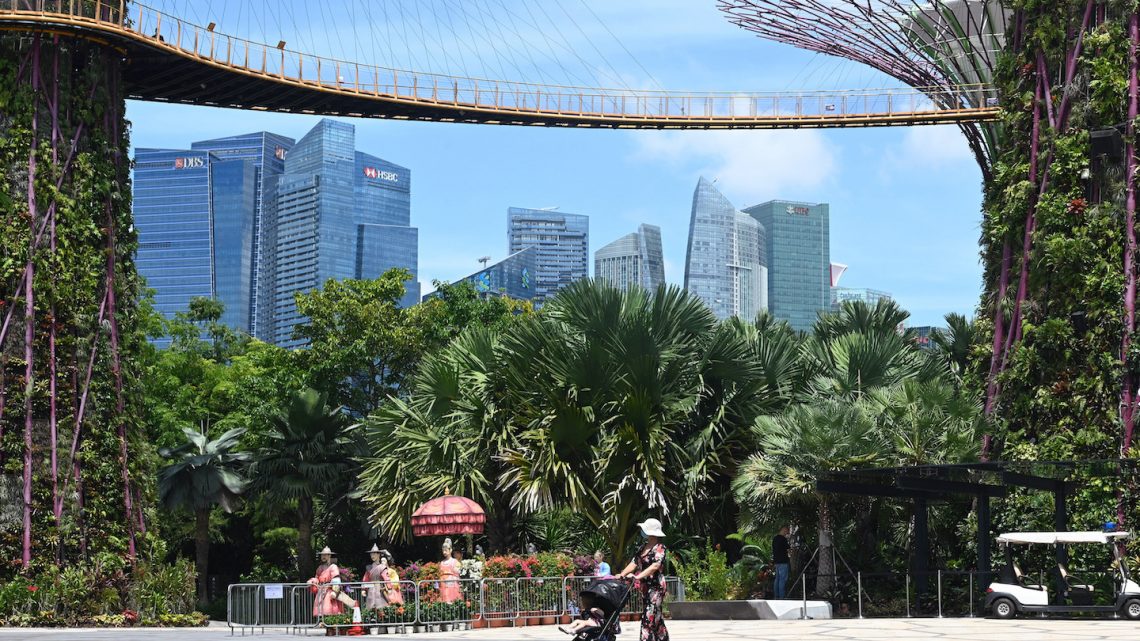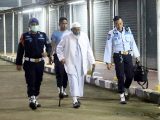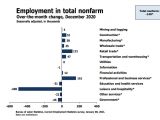
Why Singapore Is Offering Couples Thousands of Dollars To Have a Baby
January 8, 2021Some countries have seen a baby boom amidst the pandemic, such as the Philippines, India, and Indonesia. But this has not been the case for Singapore, which has long been fighting its low birth rate. The government’s plan? A SG$3,000 ($2,263) Baby Support Grant (BSG).
The one-off grant was announced in October 2020 after a survey found that 30 percent of about 4,100 respondents said they will likely postpone marriage or have a child later because of the pandemic and how it has affected the economy. The BSG will be given to parents of children born from Oct. 1, 2020 to Sept. 30, 2022 and will be deposited to their bank accounts from April 1, 2021, or within one month of enrollment into the Baby Bonus Scheme.
“The government will spare no effort to help couples meet their marriage and parenthood aspirations,” Minister in the Prime Minister’s Office Indranee Rajah said in a press release.
The BSG will come on top of the existing Baby Bonus Cash Gift (BBCG), which already provides eligible parents up to SG$10,000 ($7,544) per child.
How have people responded to it? Well, some say SG$3,000 won’t go far.
“Any bonus is welcome. But looking at the percentage of how much it can really cushion the needs that parents are facing, in terms of raising a baby, maybe it’s not as much as they would need to have,” Sharon Tan said.
Others say no one is even thinking about having a baby during such uncertain times.
“What’s funny, though, is that they use the pandemic situation to actually encourage this [couples to have babies], so it’s a little bit ironic because I highly doubt that people are even bothered about this right now,” Eliza Yuen said.
But this grant is just one of the many ways Singapore has tried to encourage pregnancies. Other measures include introducing two-week paternity leave and special housing schemes for married couples with children (including those expecting a child) who are looking to buy a flat.
A replacement fertility rate of 2.1 births per woman is optimal to maintain a stable population but according to 2019 data, Singapore’s total fertility rate is at 1.14, below the global fertility rate of 2.5.
However, it should be noted that Singapore’s birth rate data only takes into account babies born to at least one parent who is a citizen or permanent resident. Singapore’s economic success is largely due to its role as a regional business hub and a large percentage of the city-state’s population are foreigners, many of whom are work pass holders and not citizens or permanent residents. In 2019, the country reported an estimated total of 1.68 million non-residents. But when COVID-19 hit last year, Singapore saw a population drop, as thousands of foreign workers returned home after losing their jobs.


